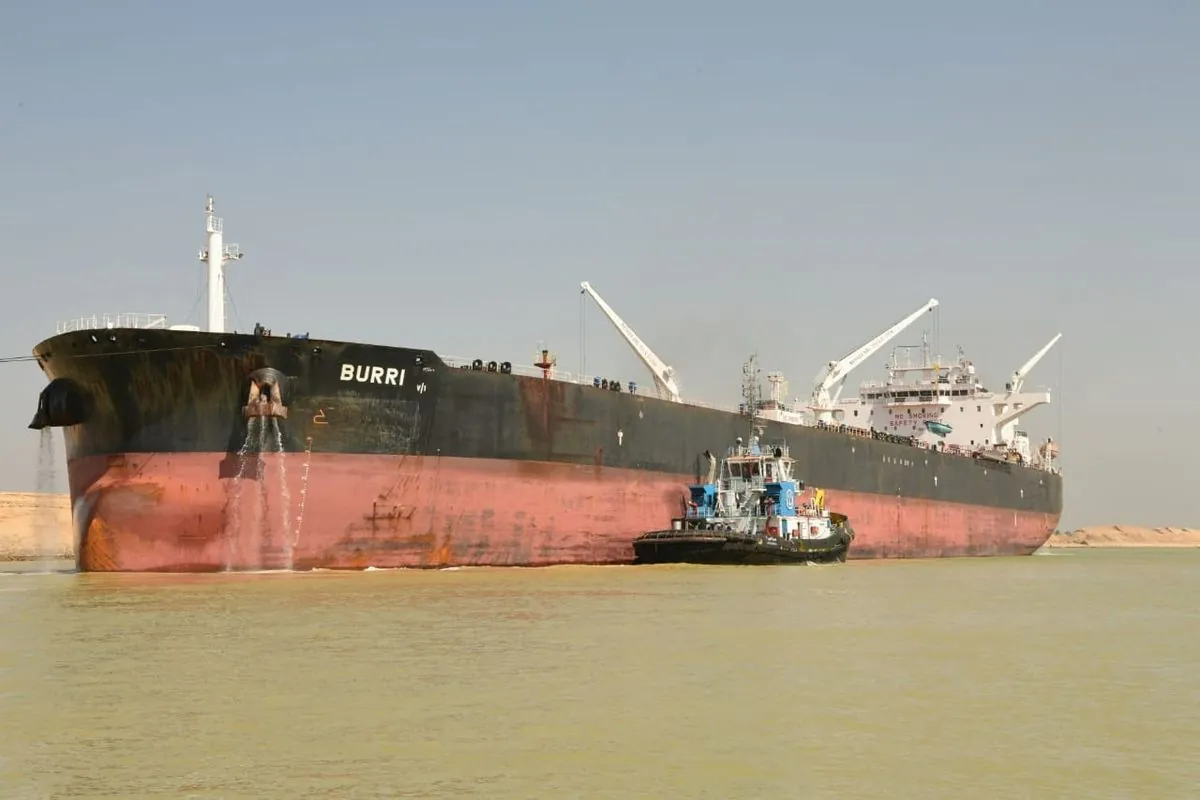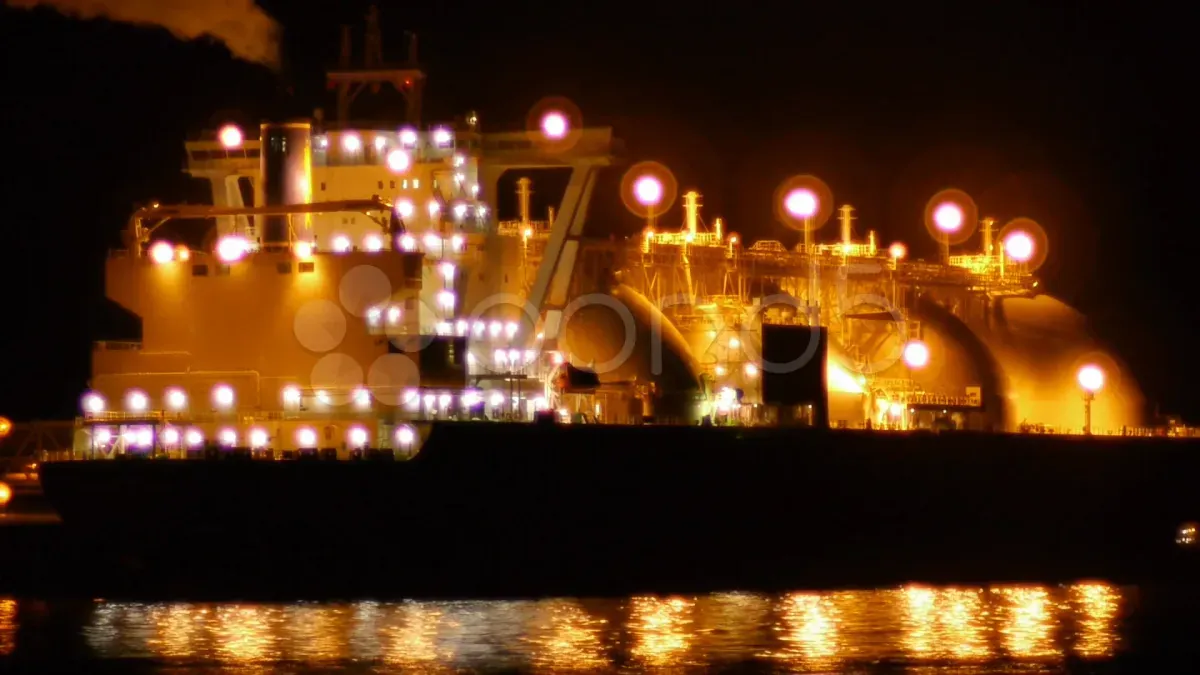Sanctioned LNG Tanker Navigates Suez Canal Amid Regional Tensions
A US-sanctioned LNG tanker has traversed the Suez Canal, defying regional security concerns. This passage highlights ongoing challenges in global shipping and energy trade amidst geopolitical tensions.

In a notable development, the Pioneer tanker, recently sanctioned by the United States, has successfully navigated through the Suez Canal while carrying liquefied natural gas (LNG). This passage, occurring on September 30, 2024, underscores the complex interplay of global energy trade and international sanctions.
The Suez Canal, a 193 km waterway opened in 1869, has long been a crucial artery for international commerce, connecting the Mediterranean and Red Seas. Historically, it has facilitated approximately 12% of global trade, allowing vessels to bypass the lengthy journey around Africa. However, recent security concerns have significantly altered shipping patterns in the region.
Since late 2023, many shipping companies have opted to avoid the Suez route due to attacks by Houthi forces in the Red Sea. This situation echoes past disruptions, such as the canal's closure during various conflicts and the notable six-day blockage by the Ever Given container ship in 2021. The current crisis has forced vessels to take alternative, longer routes, leading to schedule disruptions and increased operational costs.

The Pioneer, a Palau-flagged vessel, is at the center of recent US sanctions targeting Russia's Arctic LNG 2 project. These sanctions, imposed in August 2024, are part of Washington's ongoing efforts to penalize Moscow for its actions in Ukraine, a strategy that has been in place since 2014. The US State Department reported that the Pioneer was involved in a ship-to-ship transfer of gas from Arctic LNG 2 on August 25, 2024, a common practice in the oil and gas industry.
LNG, first liquefied for transport in 1912, has become a crucial component of the global energy market. When cooled to -162°C, natural gas condenses to 1/600th of its gaseous volume, enabling efficient long-distance transport. Russia, as one of the world's largest LNG exporters, has been particularly affected by these sanctions and shipping disruptions.
The Arctic LNG 2 project, located on Russia's Gydan Peninsula, represents a significant investment in the country's LNG capabilities. However, international sanctions have complicated its operations and global reach. This situation has forced not only Russian producers but also other global fuel suppliers to reconsider their delivery strategies, often resulting in longer and more costly routes around Africa.
As geopolitical tensions continue to impact global trade, the passage of the Pioneer through the Suez Canal serves as a reminder of the intricate balance between energy needs, international relations, and maritime security. The canal, which has generated billions in revenue for Egypt since its nationalization in 1956, remains a focal point of global shipping despite ongoing regional challenges.
"The Pioneer was involved in a ship-to-ship transfer of gas from Arctic LNG 2 on Aug. 25."
This event highlights the ongoing complexities in enforcing international sanctions while maintaining global energy supply chains. As the situation evolves, it will likely continue to shape the landscape of international trade and energy markets in the coming years.


































